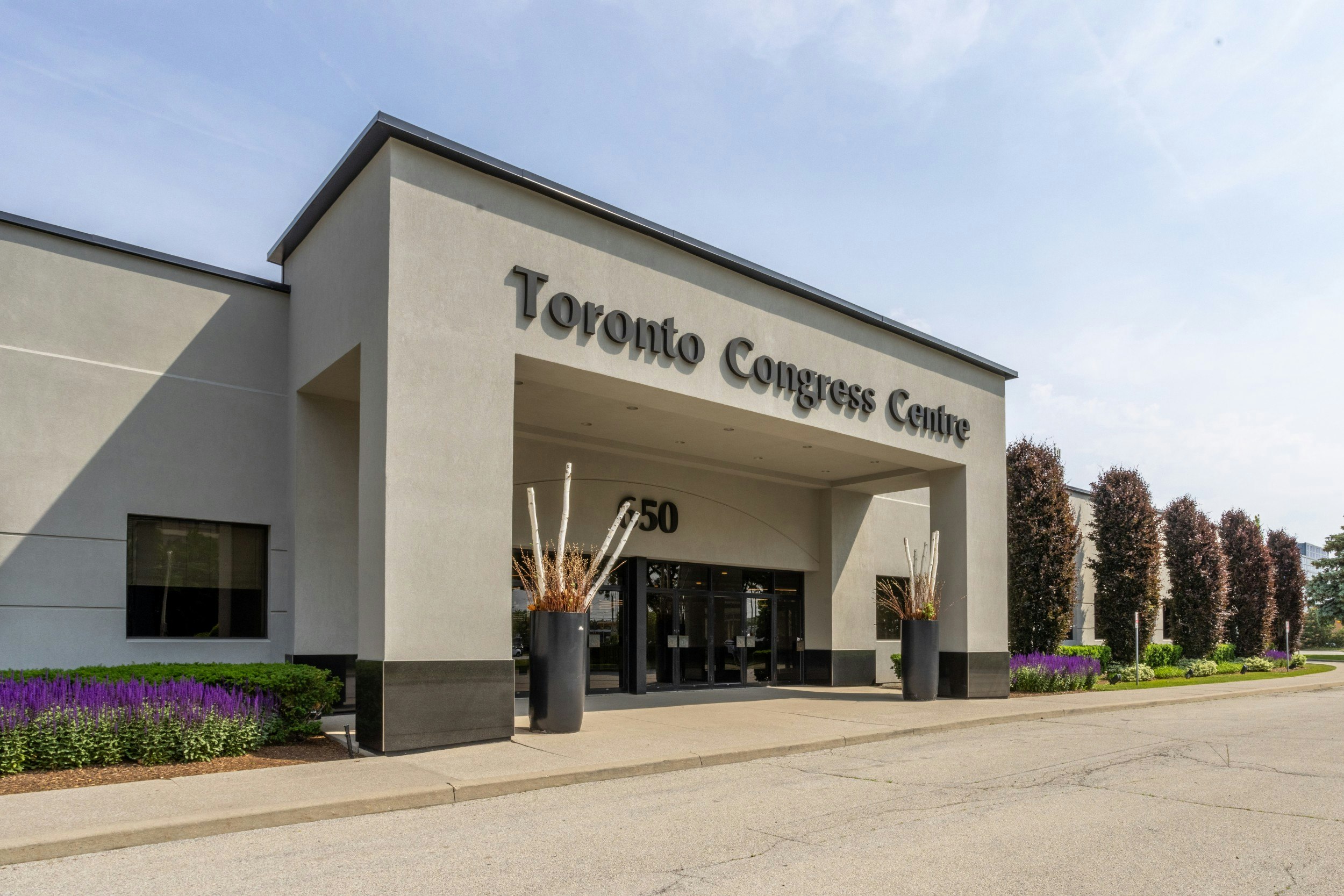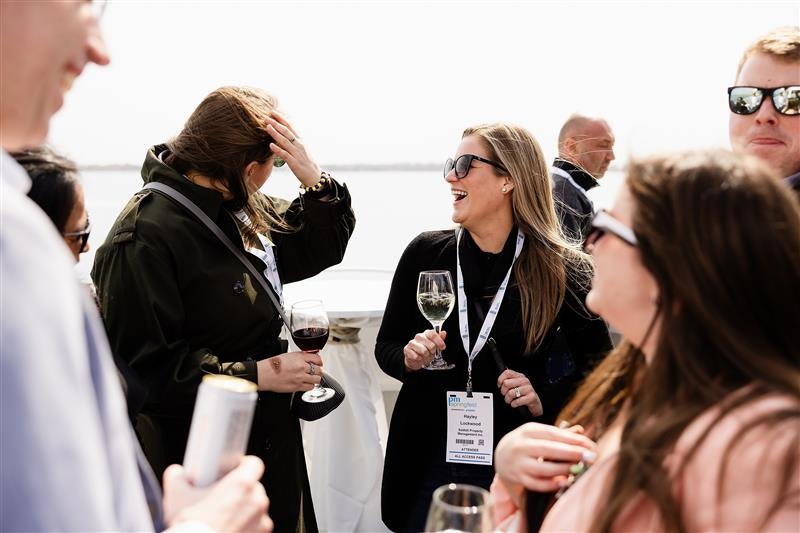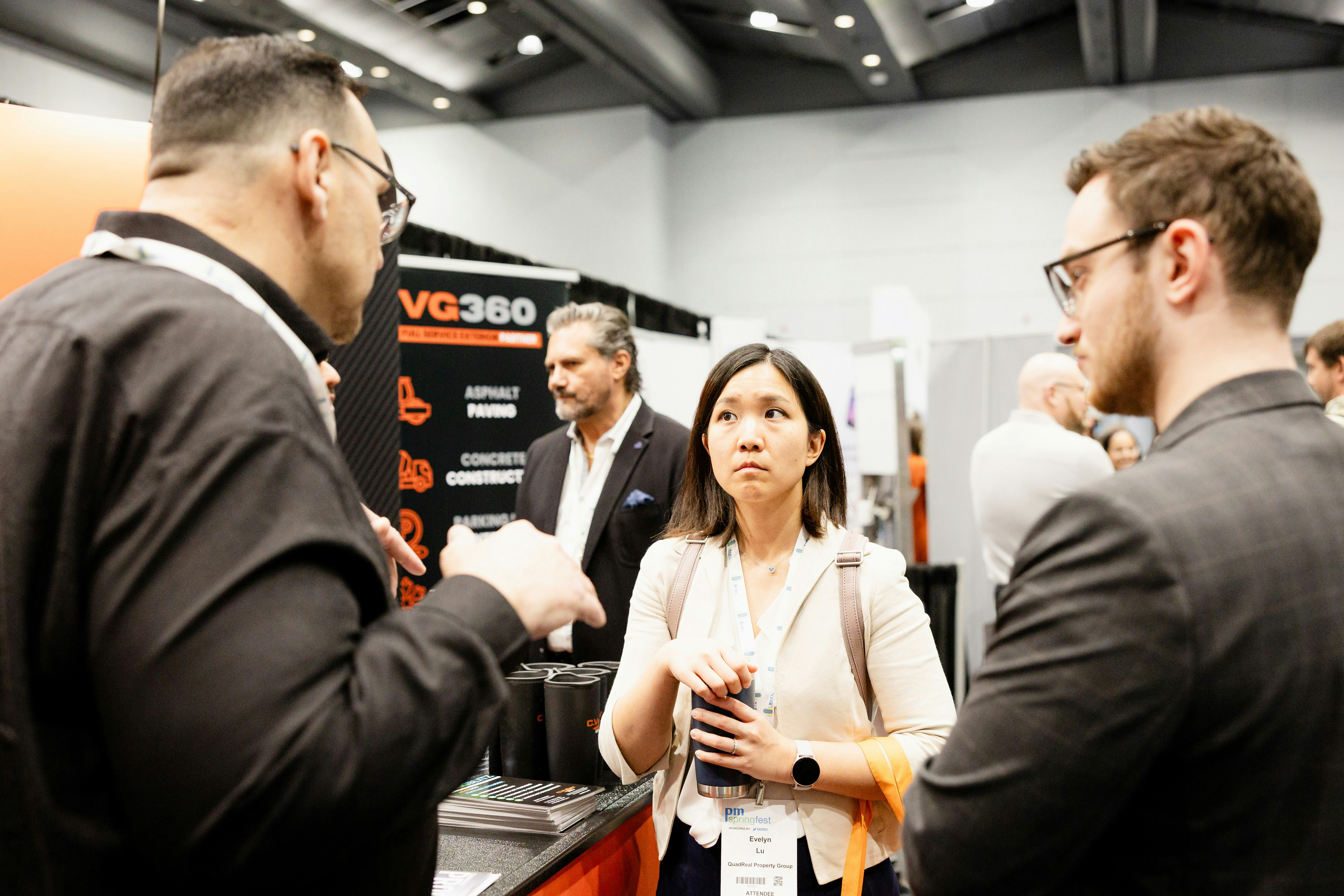The hub for Toronto's property management industry
Gain valuable insights, practical tools, and access products to stay ahead in the ever-evolving property management landscape.
New venue - Toronto Congress Centre!
PM Springfest is moving to the Toronto Congress Centre! Offering more space, easier parking, and a central location for the ultimate one-day conference experience.
1600+
Attendees
15+
Seminars
230+
Exhibitors
Toronto's leading event for property managers
Learn
Achieve BOMI and Building Science Specialist-accredited CEUs with sessions led by top industry professionals. Discover cost-saving solutions, performance-enhancing techniques, and tenant retention strategies, all while staying ahead of legal and regulatory demands.
Source
Engage with top-tier exhibitors in smart building technology, energy management, construction services, roofing, and more. PM Springfest ensures you meet the industry’s most valuable suppliers, empowering you to build relationships that drive efficiency and success in managing your properties. Get months worth of vetting done in one day!
Connect
Effortless networking at its best. For over 20 years, PM Springfest has been the go-to event for industry leaders to connect with property managers, building owners, facility managers, plant engineers, and more. Elevate your experience with an All Access Pass and gain entry to the exclusive post-event networking reception.
New for 2026
A new home at the Toronto Congress Centre
PM Springfest's new venue offers more space, easier parking, and a central location for the ultimate one-day conference experience. Enjoy an expanded expo hall, focused educational sessions, and effortless networking—all in a venue designed for your convenience and success!
A new take on networking - the Management Mixer, included in the All Access Pass!
End your day with an exclusive networking event designed for property managers, facilities managers, building owners, and developers. Enjoy complimentary hors d’oeuvres, drinks, and the chance to foster meaningful connections in a relaxed, post-event setting.

The best value for your time!
PM Springfest brings you the ultimate one-day conference experience at an all new venue! Join us at the Toronto Congress Centre for more space, more exhibitors, and more opportunities, all at a more convenient location!
Dive into focused educational sessions, explore a dynamic expo floor, and enjoy a complimentary lunch, all crafted to fit your schedule without compromising on quality.
- Earn CEUs with expert-led sessions.
- Explore top exhibitors in smart building tech, construction services, energy management, building exteriors, and roofing.
- Network effortlessly on the show floor, during conference sessions, and at our exclusive All Access Pass post-event networking reception.
Covering the topics you need to know, now
Advancing Sustainability, Carbon Management & High-Performance Buildings
Property managers are leading the charge in sustainability and climate resilience, navigating a complex mix of political, economic, and practical challenges. As organizations shift their focus from traditional decarbonization strategies to more inclusive and business-aligned approaches, tenant and investor demand for energy efficiency remains a critical priority. This theme explores actionable strategies to align with sustainability goals while maintaining operational excellence.
Enhancing Building Management & Optimizing Performance and Net Asset Value
As tenant expectations evolve, property managers are reimagining spaces to deliver exceptional experiences. From integrated digital services and wellness features to creative amenities like flex workspaces and community programming, the focus is on creating value for tenants while enhancing building performance. Security challenges, including homelessness and retail theft, are also addressed, alongside strategies to continuously enhance asset value and meet modern tenant demands.
Navigating Economics, Legal, Regulatory & Risk Management
Economic uncertainty and regulatory complexity are reshaping the property management landscape. Rising costs of capital, looming debt obligations, and stricter compliance requirements demand innovative financial and operational strategies. This theme focuses on holistic debt management and navigating regulatory hurdles to ensure resilience and success.
Adopting Technology, Driving Innovation & Building Smarter Spaces
Technology is revolutionizing property management, with AI, automation, and smart building innovations leading the way. While these advancements enable greater efficiency and tenant satisfaction, implementation challenges, regulatory compliance, and the lack of industry standardization remain hurdles. This theme explores strategies to adopt and integrate technology effectively.
Developing Workforce Solutions, Strengthening Business Strategy & Fostering Leadership
As the demands of the profession grow, property managers must pursue certifications and expand their skill sets to navigate complex challenges effectively. Building intentional career pathways and fostering leadership development are essential strategies to attract and retain talent, ensuring the industry’s long-term success. This theme highlights workforce development, operational excellence, and leadership strategies.

Sponsorship opportunities
Boost your brand’s visibility at PM Springfest! Connect with thousands of property management and building operations professionals through exclusive sponsorship opportunities. Engage attendees online and in person, and make a lasting impact before, during, and after the event.
Get the Latest Event Updates
Buildings Canada Community
Keep up to date with the latest news and trends in the industry. Buildings Canada is your source for upcoming events including The Buildings Show, BUILDEX Vancouver, BUILDEX Alberta, and LBMAO Buying Show, thought leadership presentations, product demonstrations, and breaking news in the built environment.








